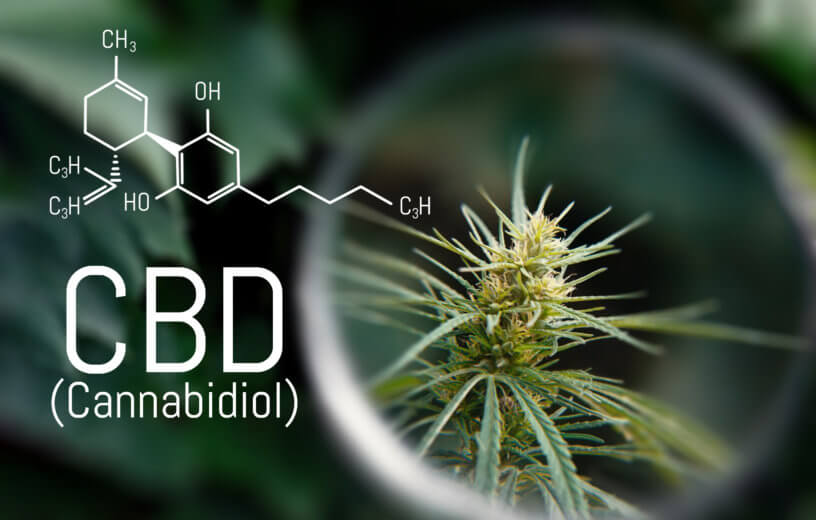SYDNEY — If you take cannabidiol (CBD) as part of your daily supplemental routine, have no fear when it comes to getting behind the wheel. Researchers in Australia report that the highest daily medicinal dose of CBD has “no impact” on people’s driving or cognitive abilities.
CBD is a component of cannabis which many people around the world use to improve their sleep and energy levels. It is often consumed orally, in oil form, but it can also come in gummy bears, chocolate and even beer. Many countries allow people to drive on CBD as it is not psychoactive and contains less than 0.1% THC, which is the substance that gets people high when they smoke marijuana.
Sleep experts recommend that anyone weighing up to about 154 pounds should take between 10-60mg per day. The present study shows that even a high dose of 1,500mg does not cause impairment.
“Though CBD is generally considered non-intoxicating, its effects on safety-sensitive tasks are still being established,” says lead author Dr. Danielle McCartney, of the University of Sydney, in a statement. “Our study is the first to confirm that, when consumed on its own, CBD is driver-safe.”
Unlike THC, which can induce sedation, euphoria and impairment, CBD does not appear to intoxicate people. Many people turn to it for because of its potential to have calming and pain relief effects. Peak concentrations of CBD in a person’s blood plasma are usually attained within three to four hours after taking it orally, although individual responses vary.
CBD use is increasing across Western nations. Other University of Sydney research shows that around 55,000 requests to access medicinal CBD have been approved in Australia since 2016.
The study, published in the Journal of Psychopharmacology, involved 17 participants doing simulated driving tasks after taking a placebo or 15, 30 or 1,500mg of CBD oil. These amounts represent frequently consumed doses available in Australia: up to 150mg per day over the counter and up to 1,500mg per day for conditions such as epilepsy, pain, sleep disorders and anxiety.
The participants first had to try to maintain a safe distance between themselves and a lead vehicle and then drive along highways and rural roads. They did this between 45 and 75 minutes after taking their assigned CBD dosage, and again 3.5 to four hours after, to cover the range of plasma concentrations at different times. Each participant repeated this four times, one for each varying level of dosage including the placebo.
The researchers measured participants’ control of the simulated car, testing how much it weaved or drifted (a standardised measure of driving ability), as well as their cognitive function, subjective experiences and the CBD concentrations in their plasma. They concluded that no dose of CBD induced feelings of intoxication or appeared to impair either driving or cognitive performance.
“We do, however, caution that this study looked at CBD in isolation only, and that drivers taking CBD with other medications should do so with care,” says McCartney.
A 2020 study, also by the University of Sydney, found very low doses of vapourised (vaped) CBD, an uncommon method of taking the drug, were also safe.
Report by South West News Service writer Danny Halpin.
